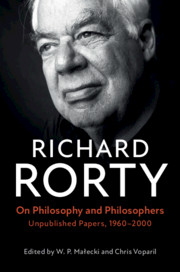The liberal principle of reciprocity requires that states maintain neutrality with respect to their citizens’ competing comprehensive worldviews (both religious and secular) while officially justifying the law and while adjudicating under it. But the very possibility of such liberal neutrality has come under attack in a post-Enlightenment world in which even foundational arguments for the principle of reciprocity itself are no longer taken for granted. This article offers a pragmatist path to the resolution of this liberal dilemma. It recommends a “default and challenge” model for legal justification and legitimation that is rooted in social-linguistic practice. By rooting justification and legitimation in practice, it is argued liberal neutrality can be preserved without need for appeals to controversial foundational commitments at any level of public political justification. The article closes with a fictional case study concerning abortion to show how politicians and courts can apply this method to preserve liberal neutrality while addressing even the most controversial issues.


